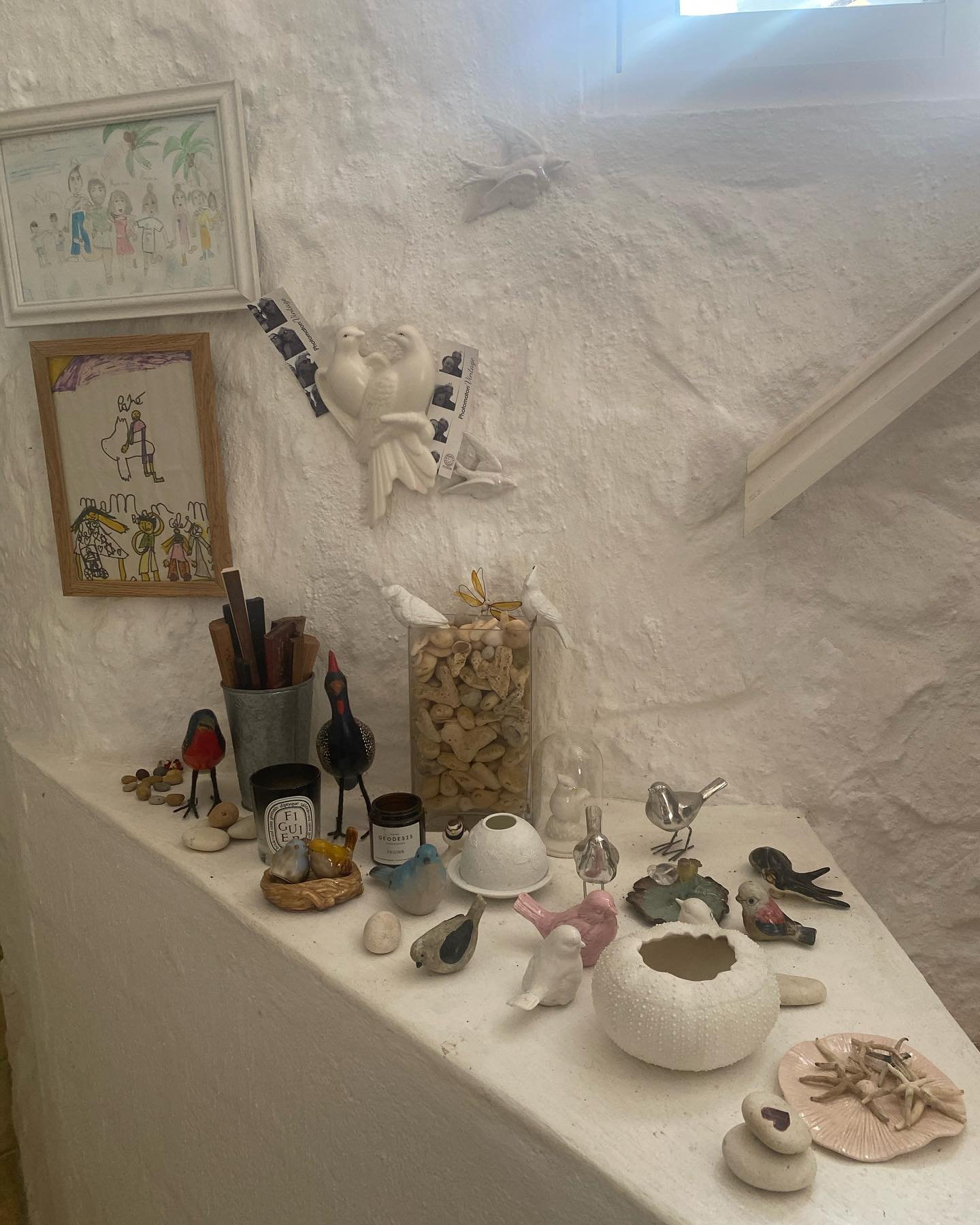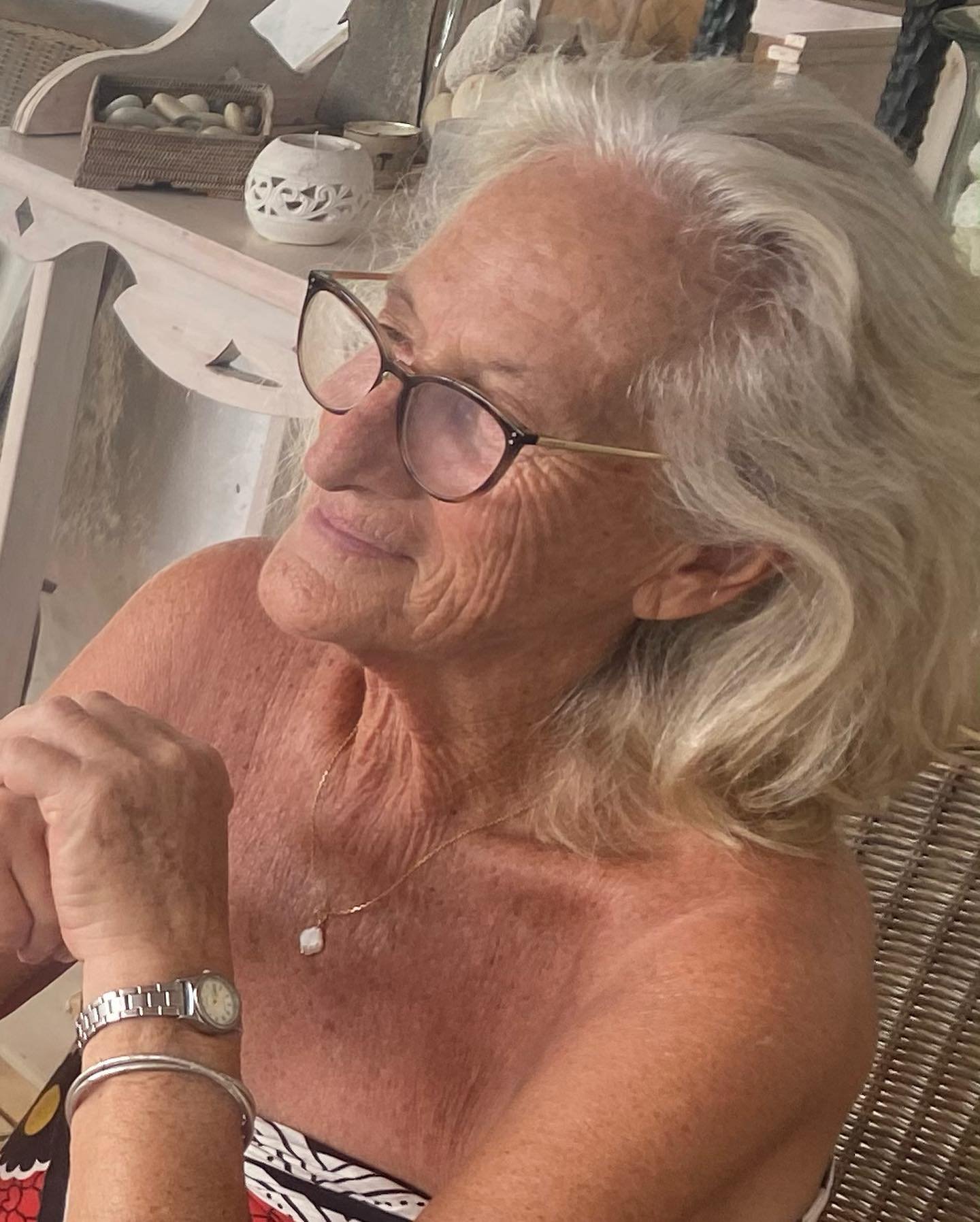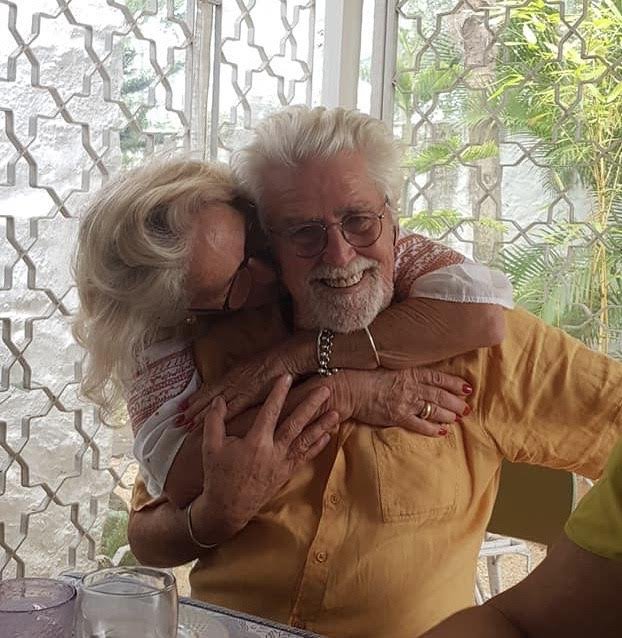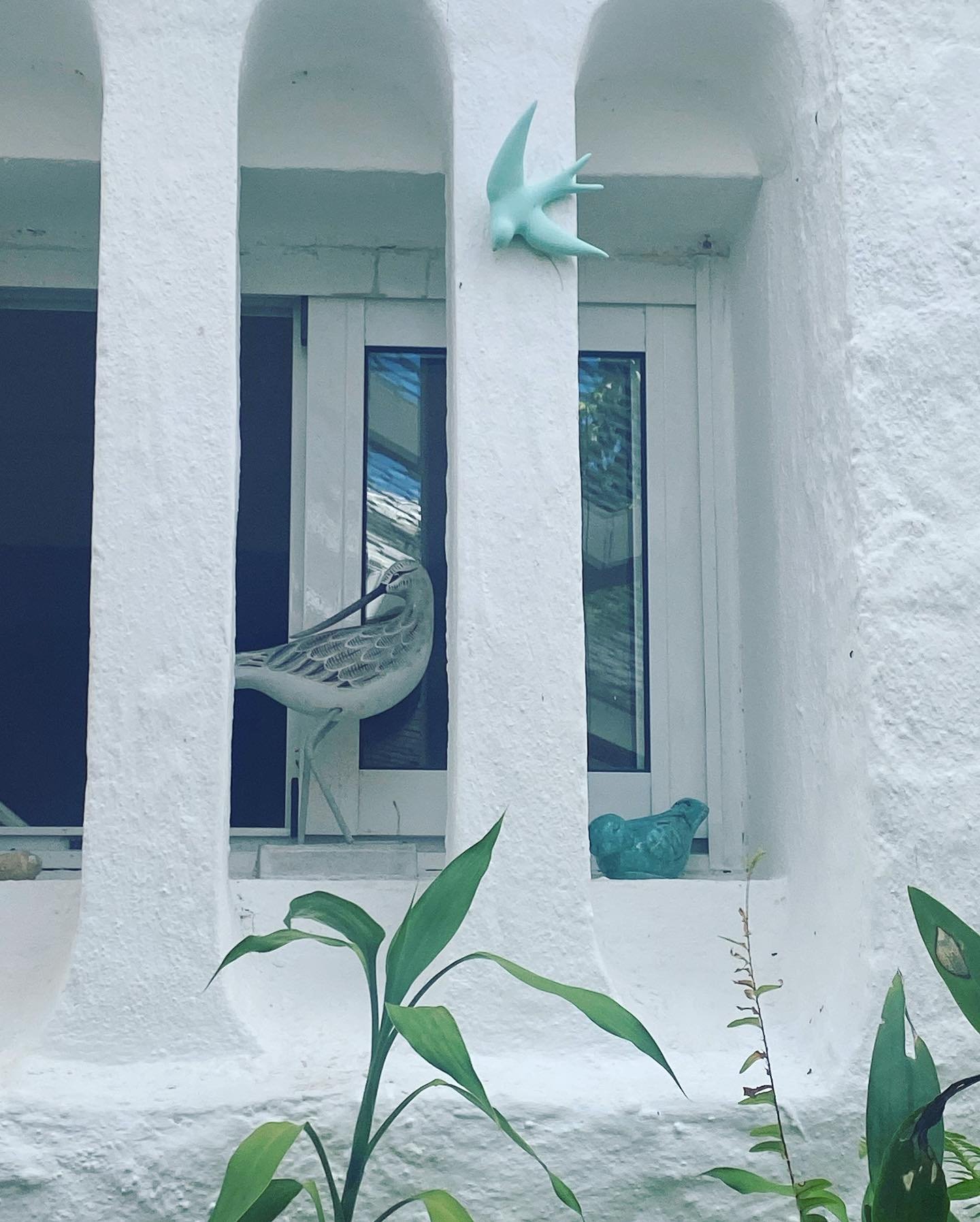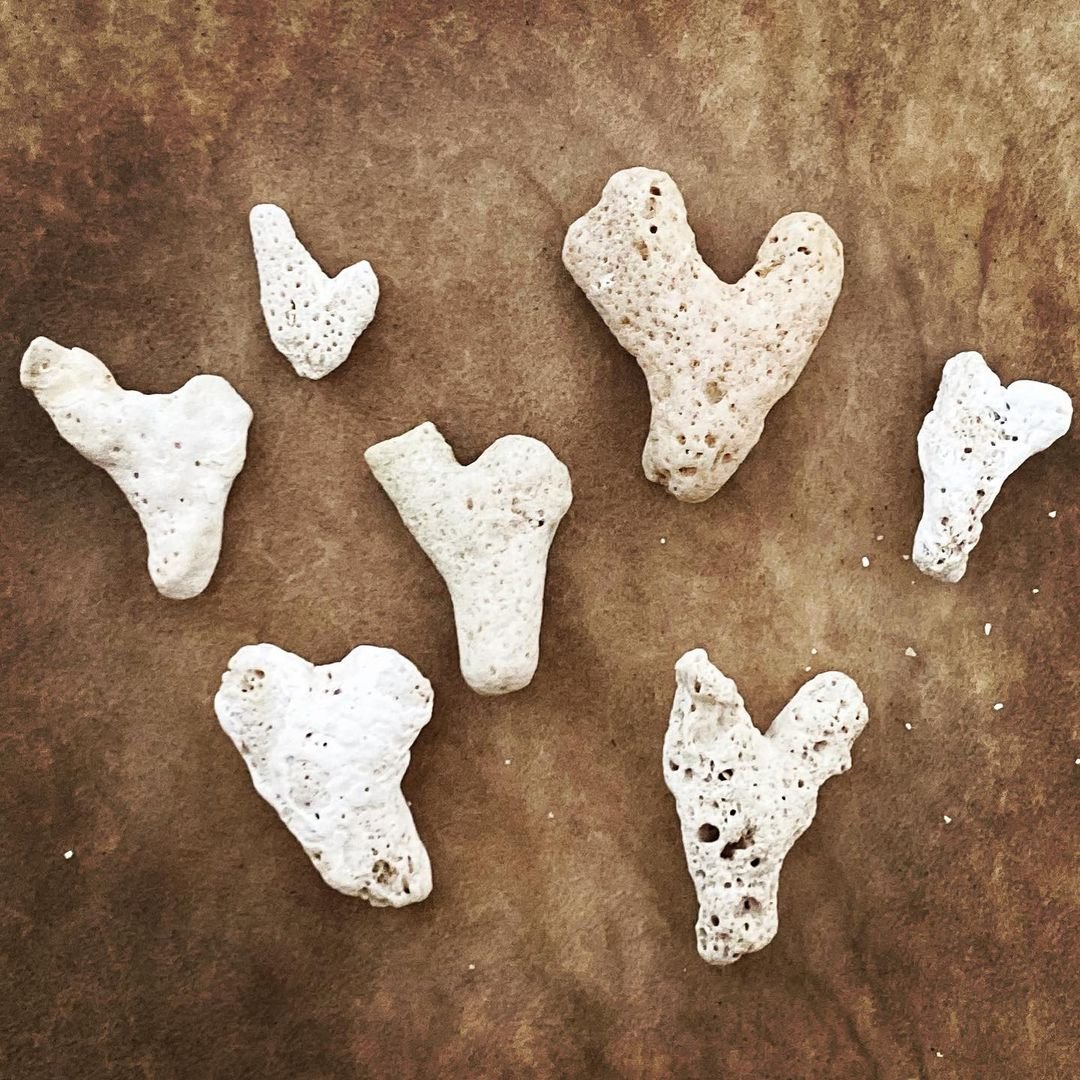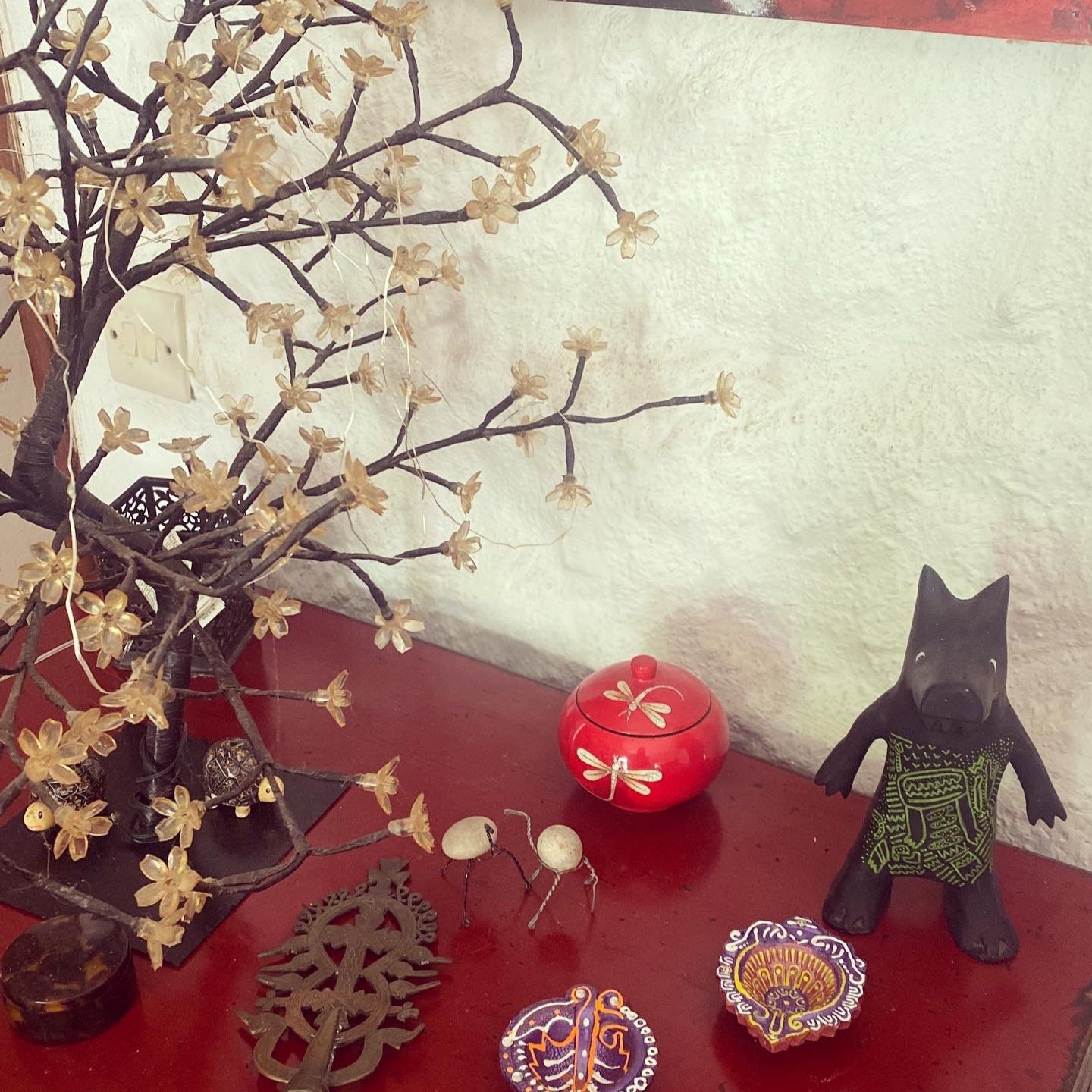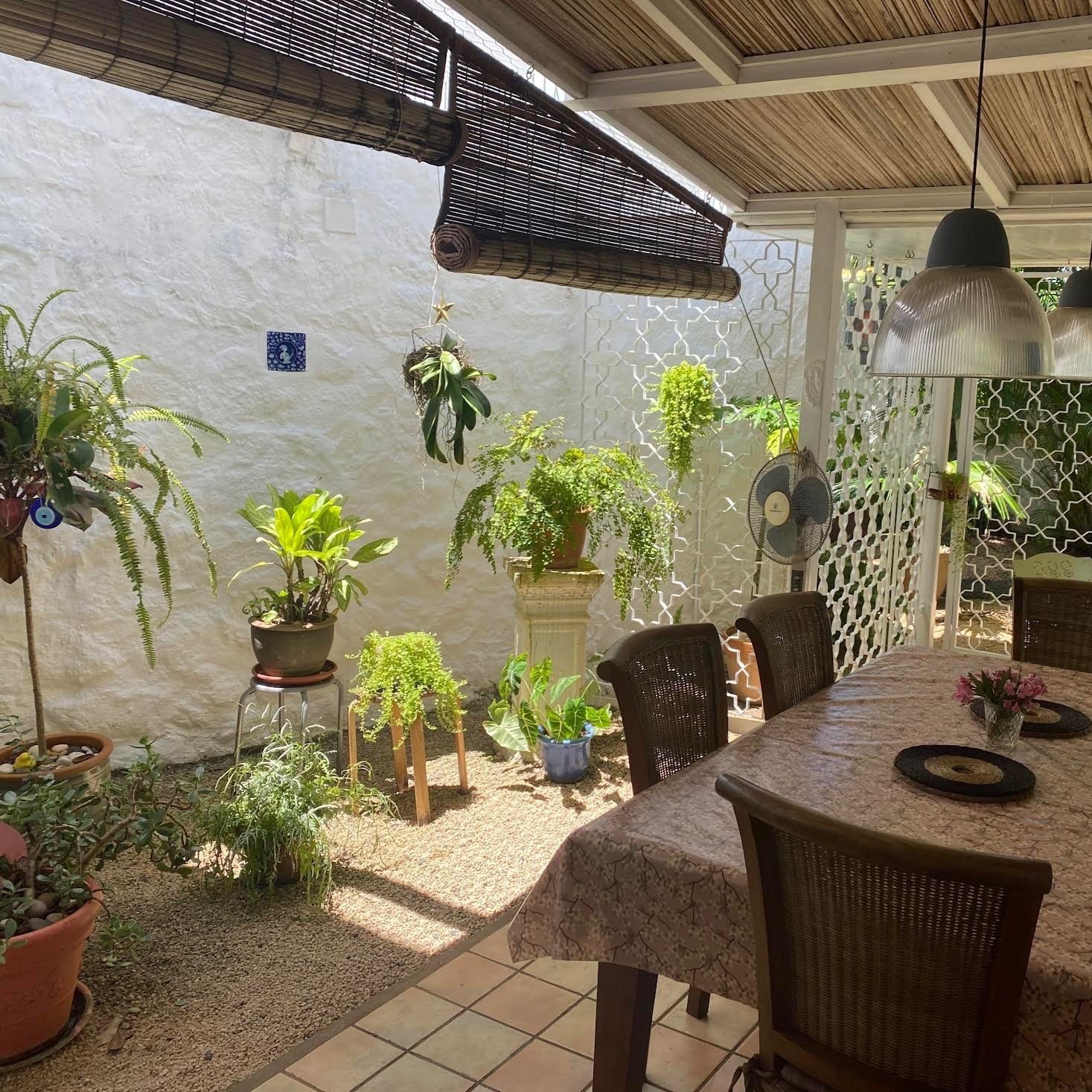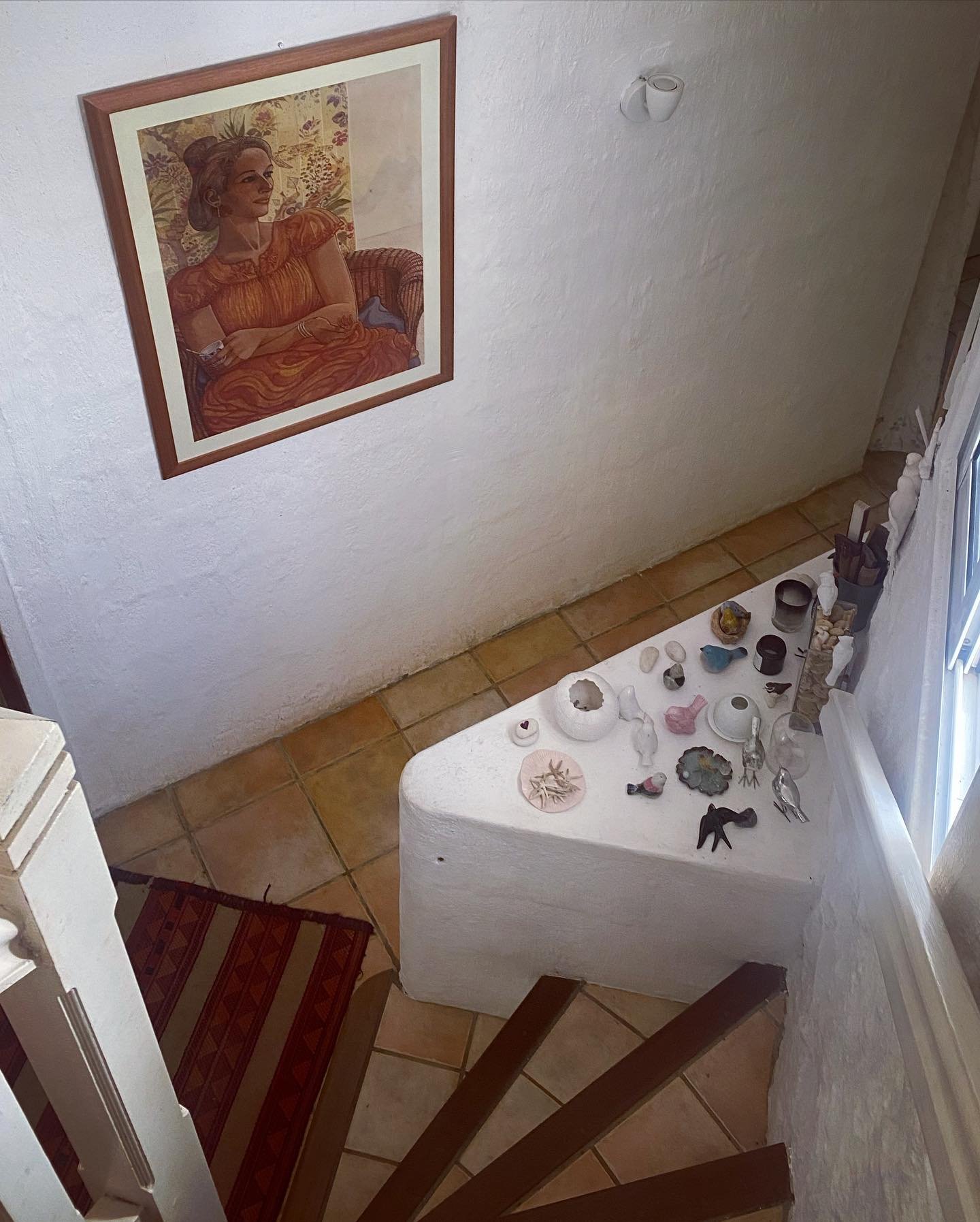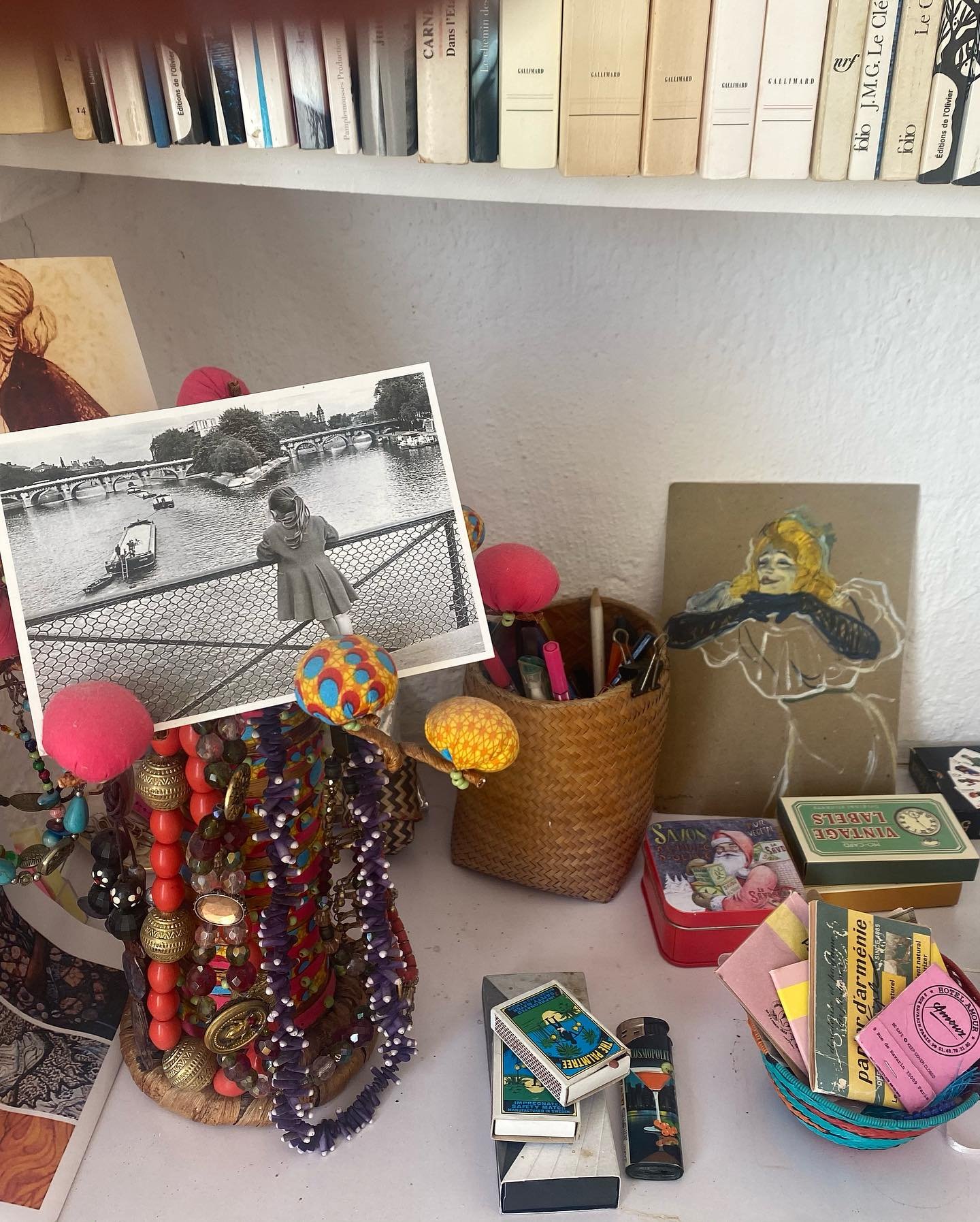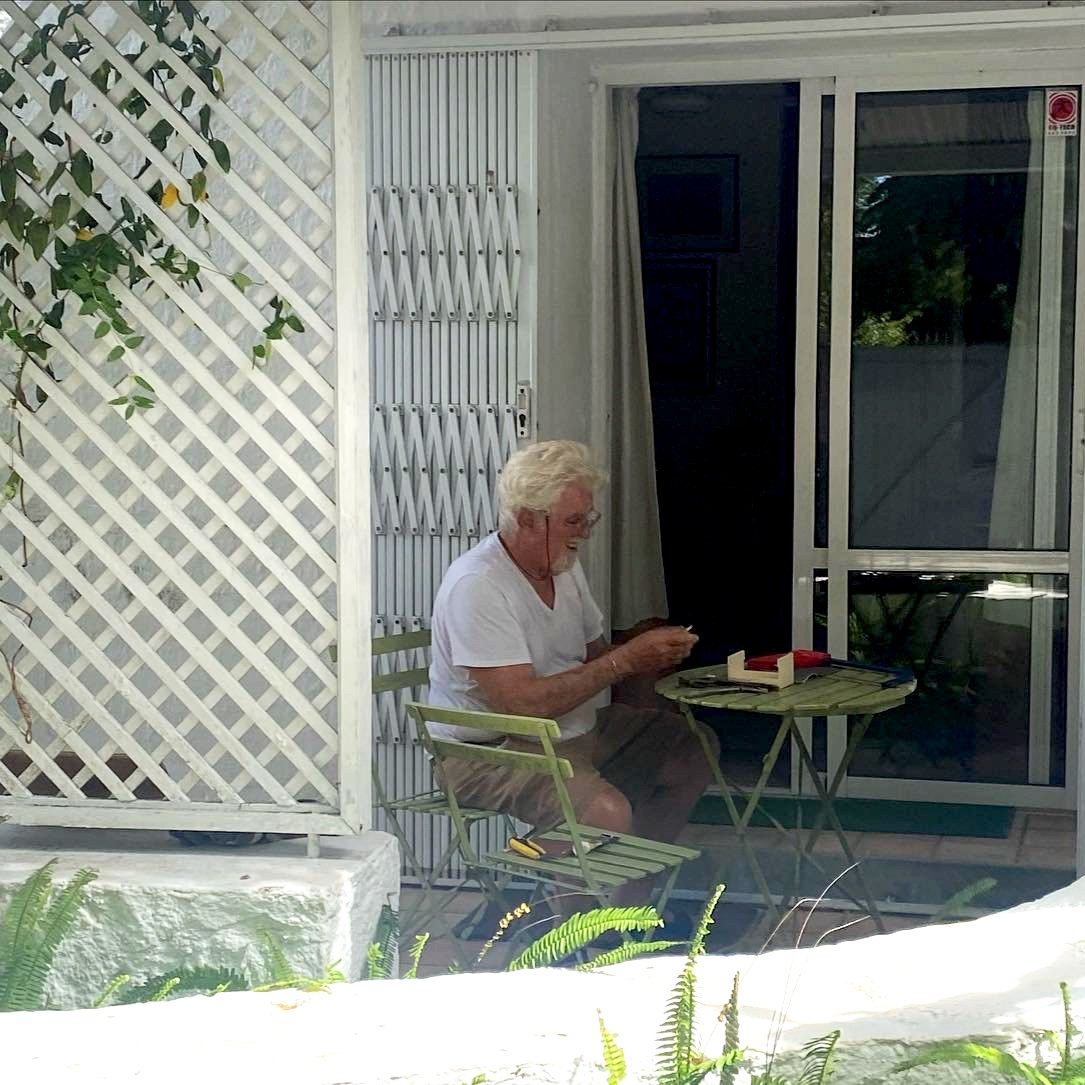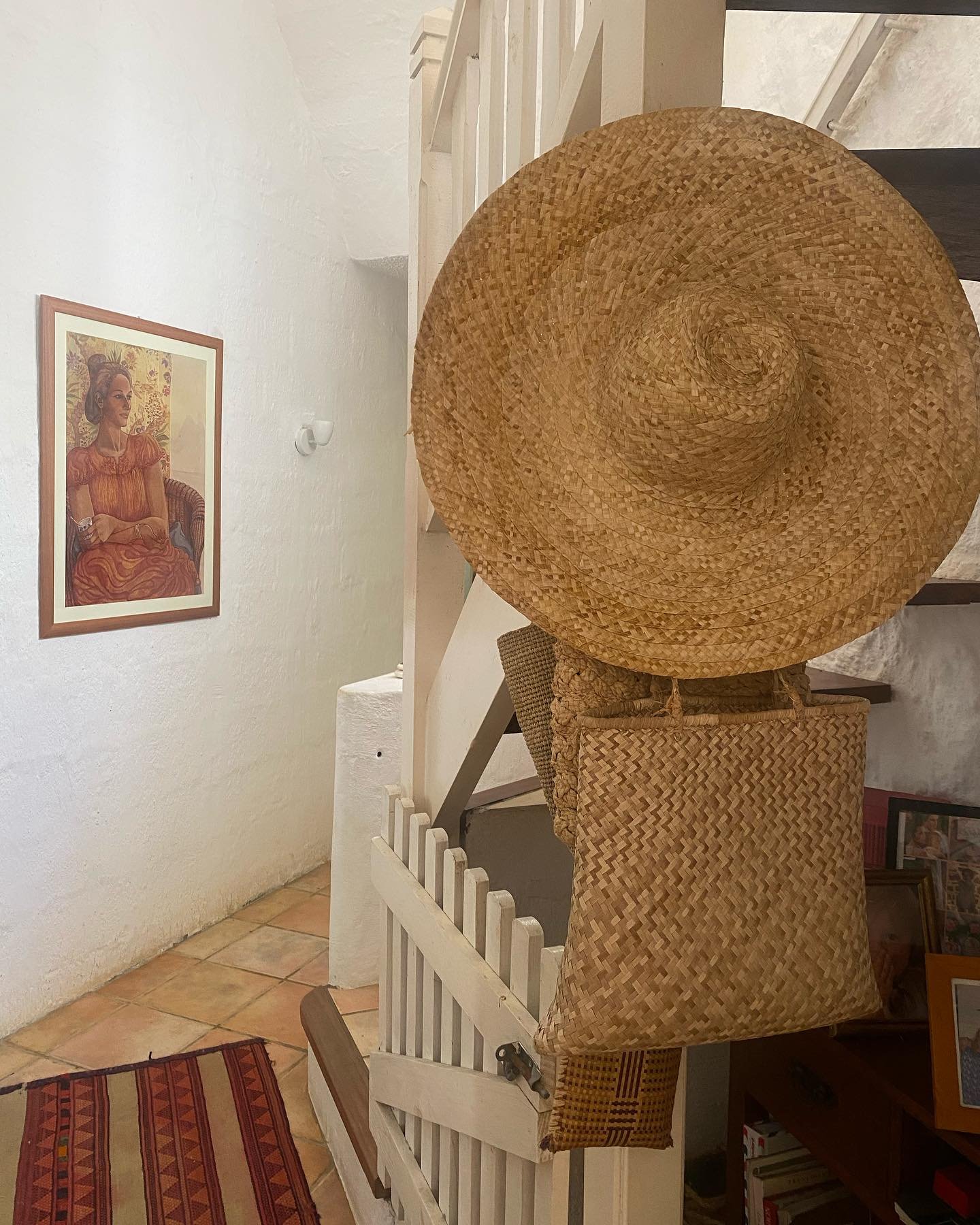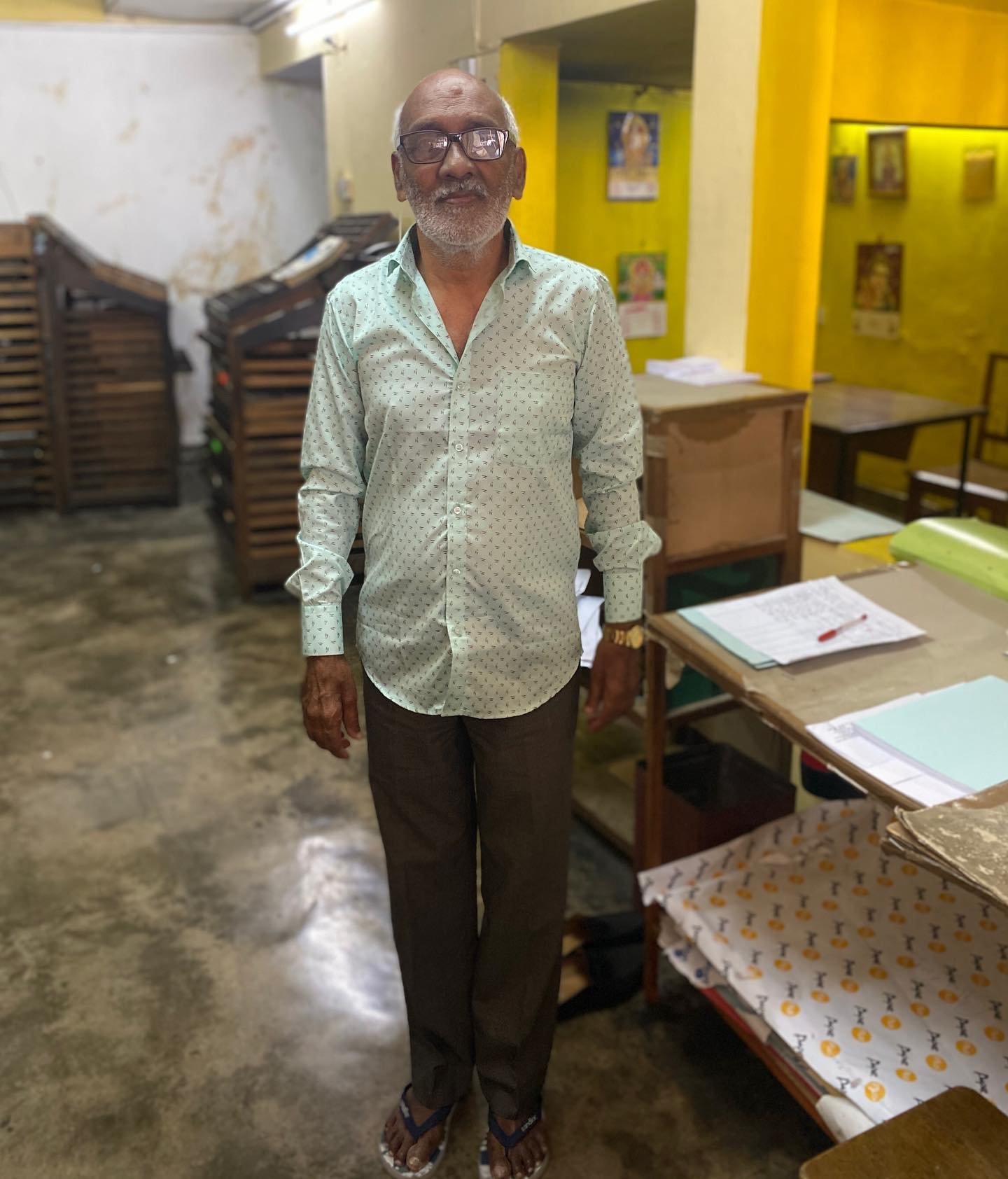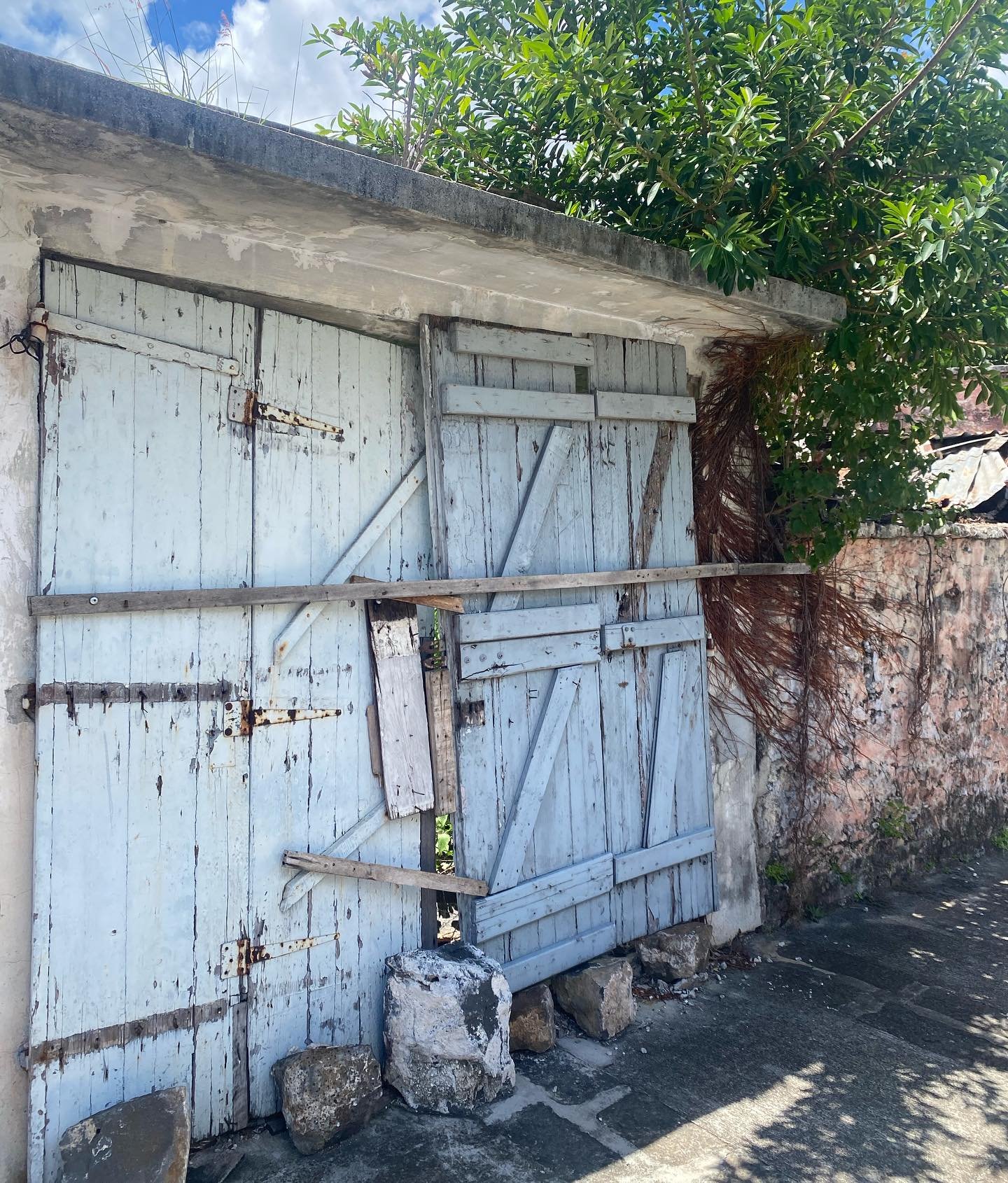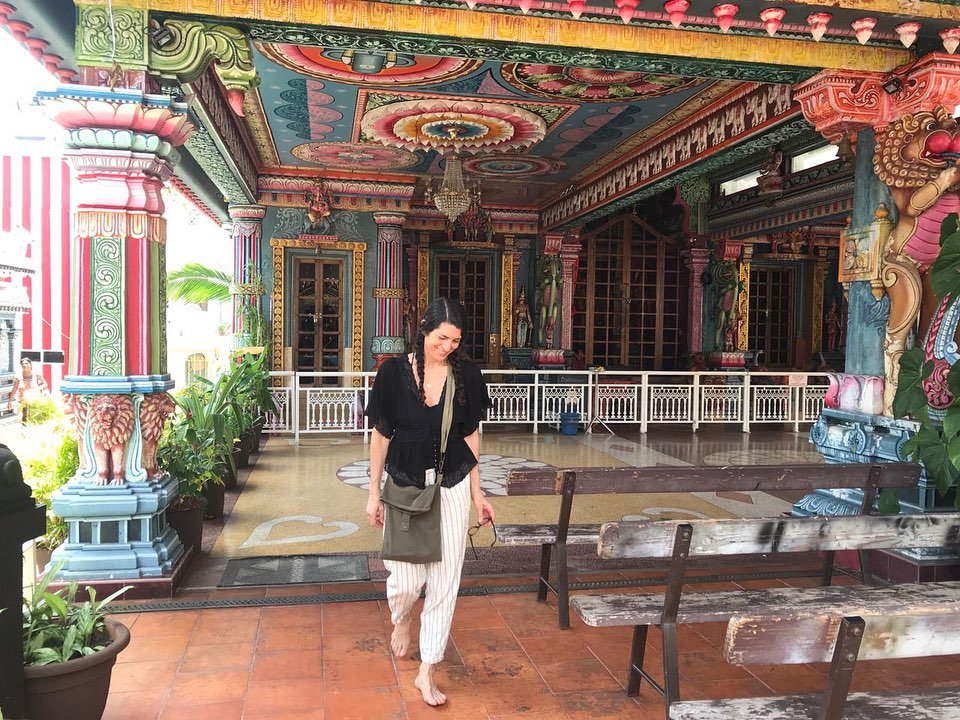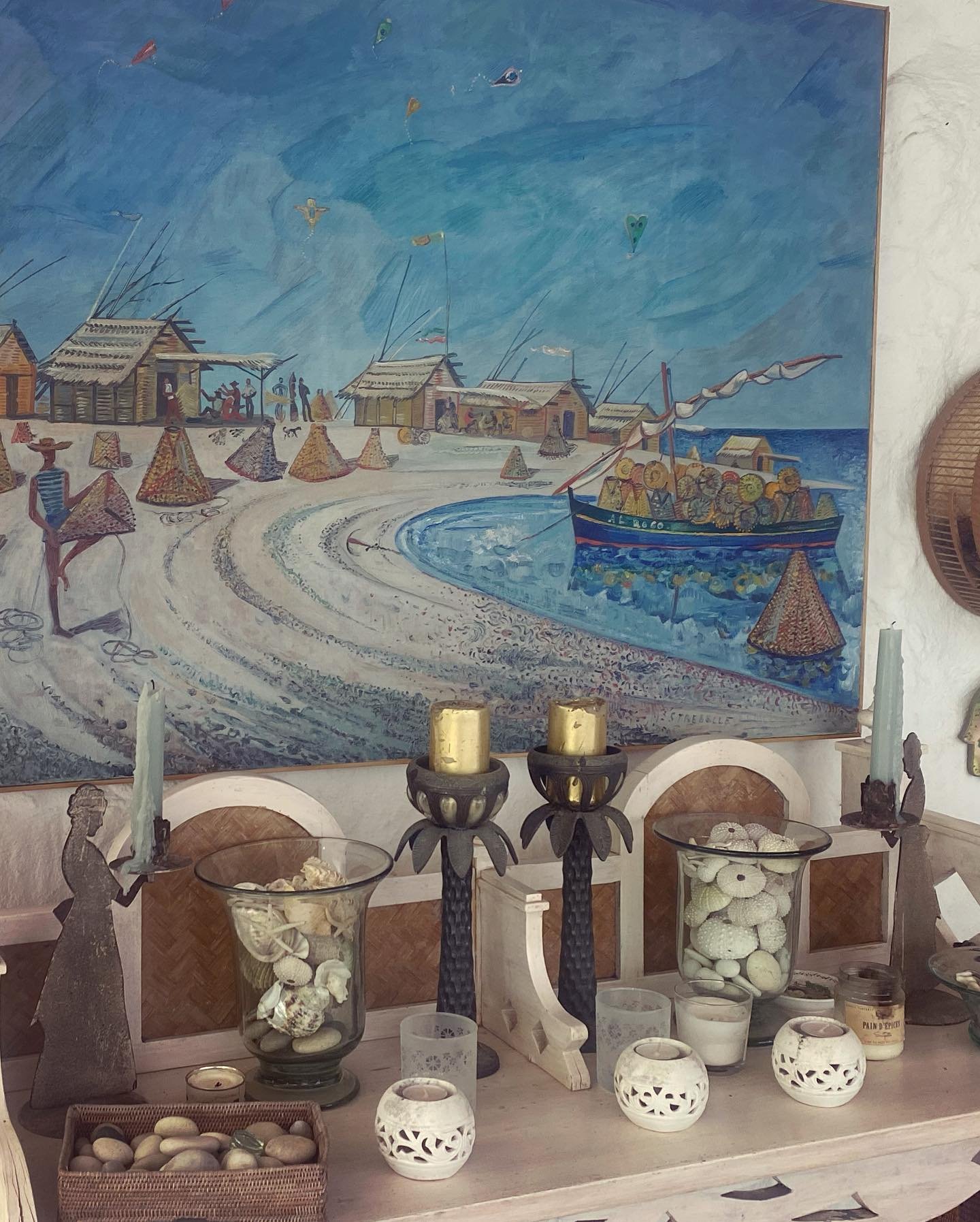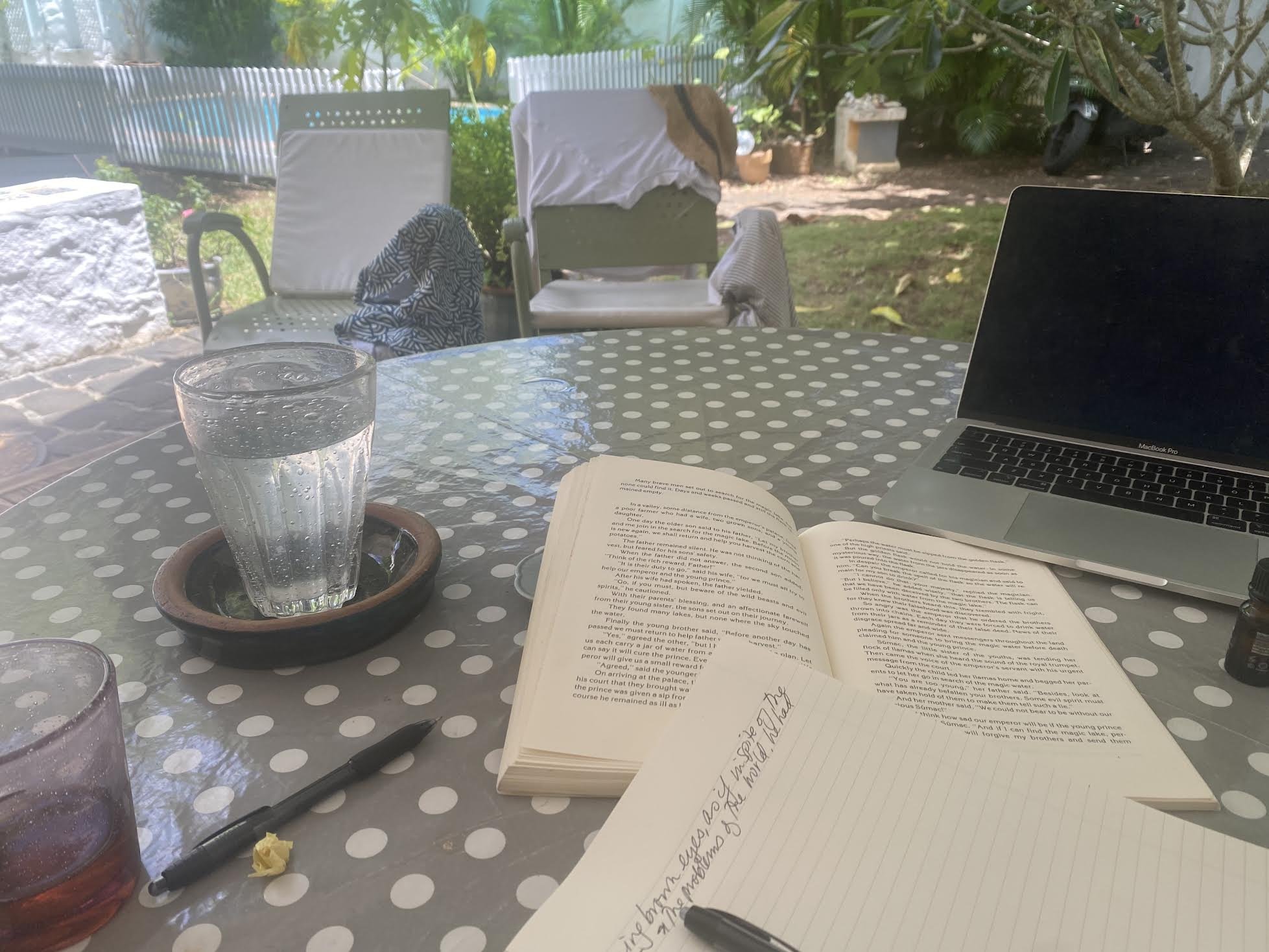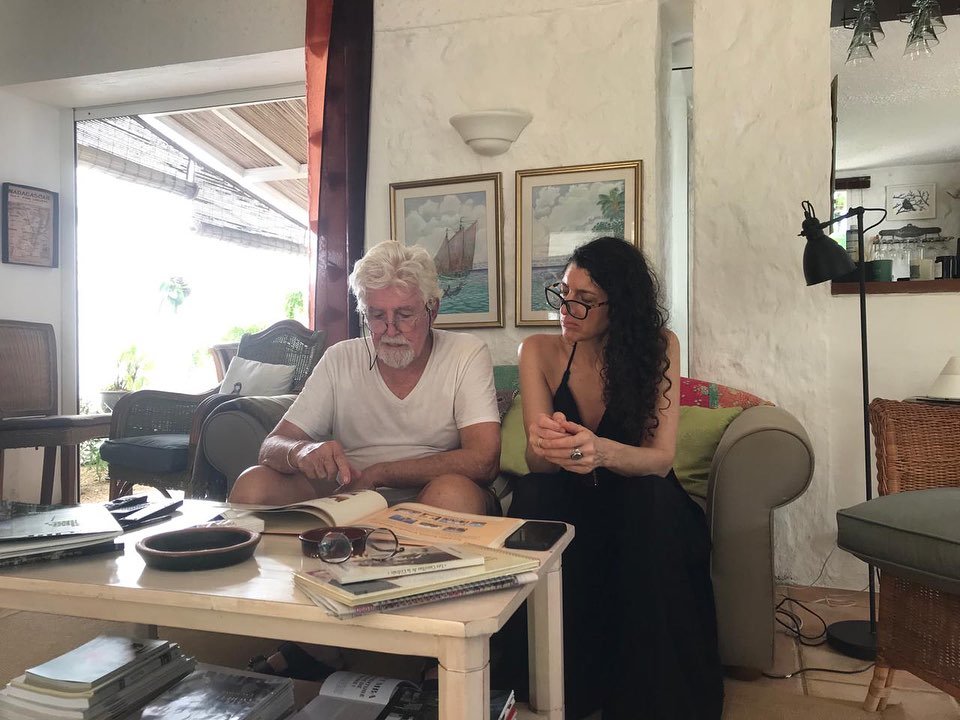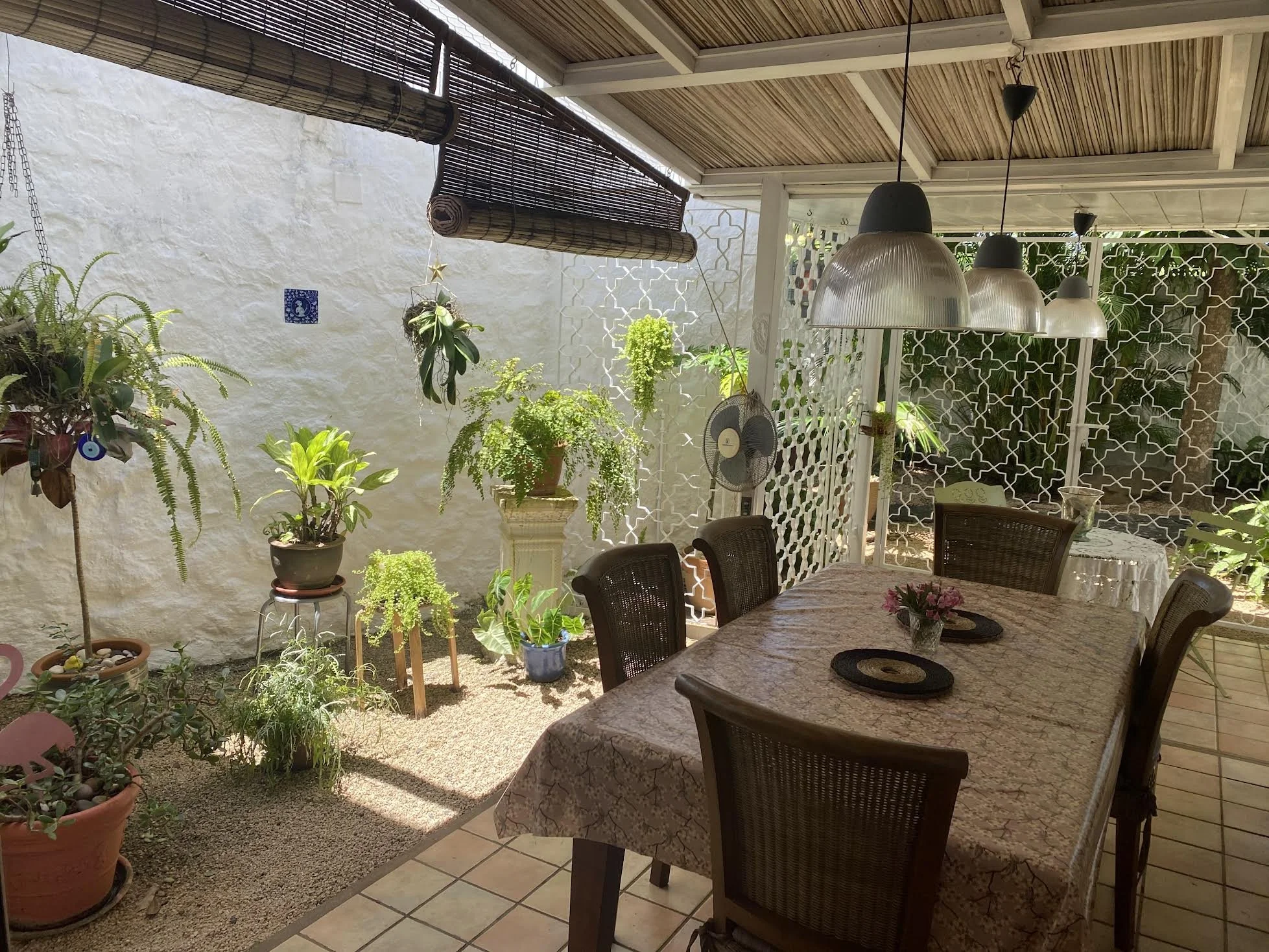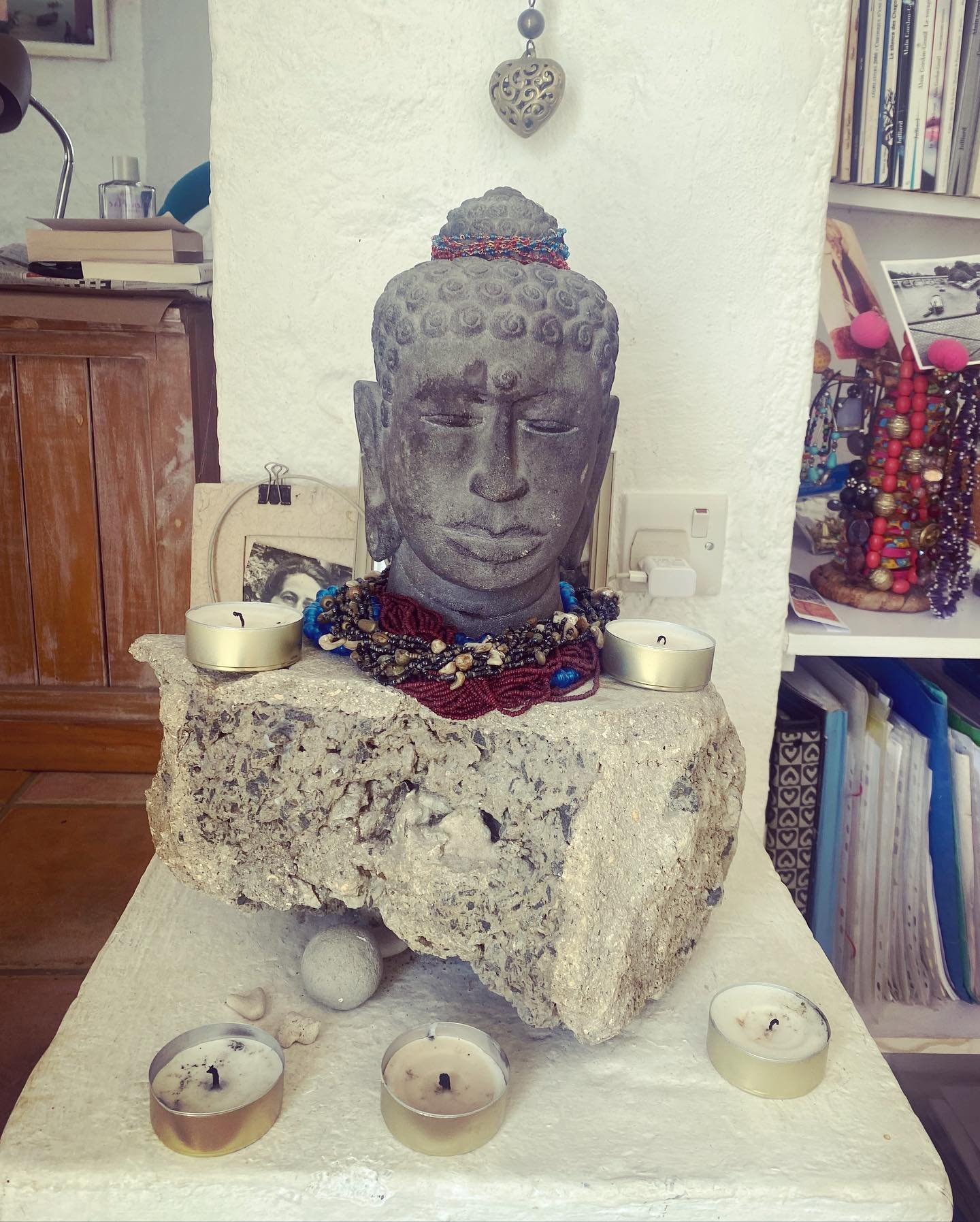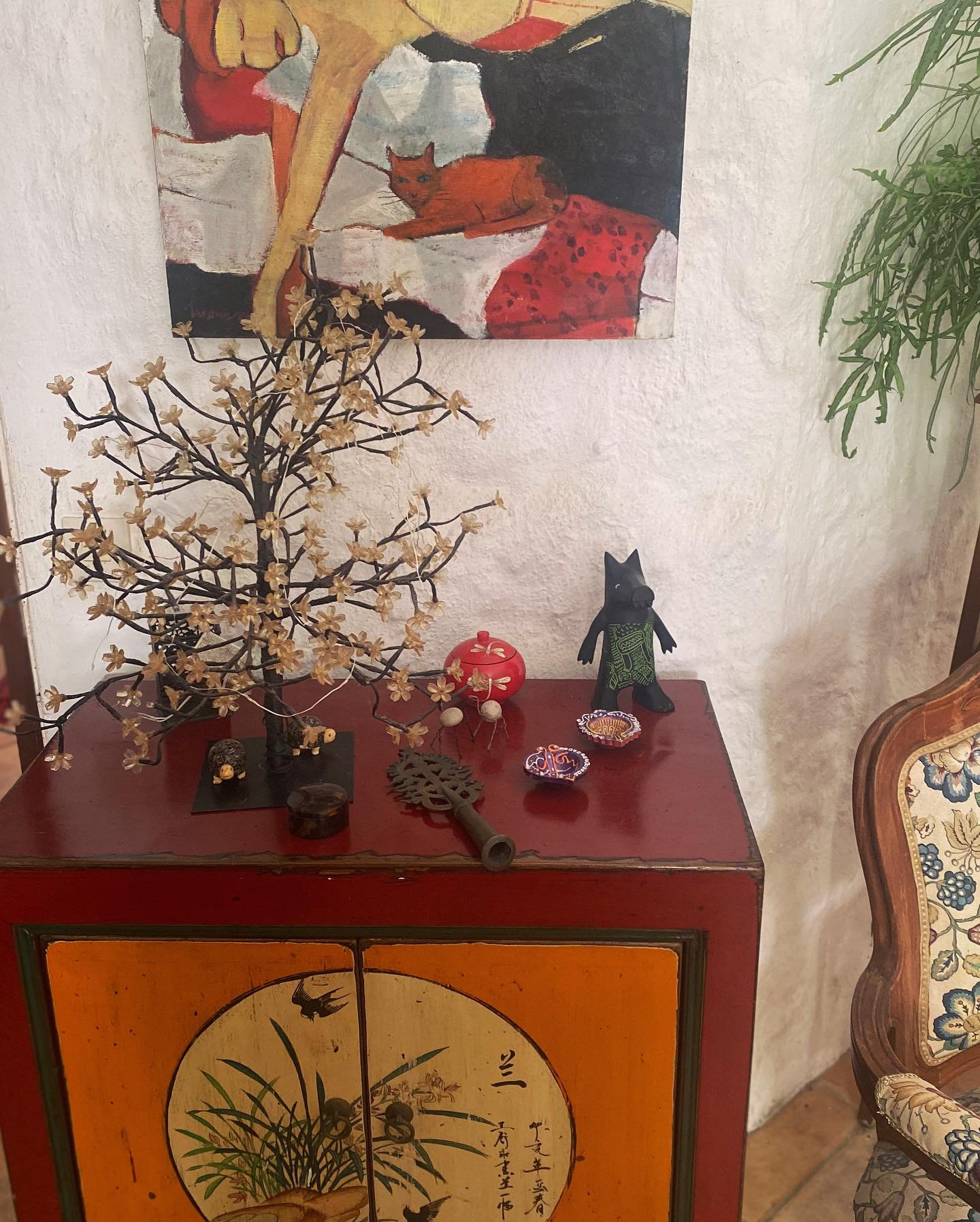The Queen of The Island of Many Flowers
By Jenny Wonderling
(For Marie and Thierry, my magical aunt and uncle, whose life in Mauritius is indeed a fairy tale.)
Once, not so long ago on an island where the sky touches the sea lived two lovers. White hair had they, and upon their sun-drenched faces were etched the most exquisite maps of all they had experienced and all they had loved.
Soft lines fanned out from around their eyes, silently celebrating all the laughter they’d had. And, too, the grief.
Furrows of lines honored the spaces between each of their shining eyes, revealing how they had cared about the world. And too, the challenges they sometimes had to accept along the way.
Curtains of lines arced around the theater of their lips, lauding the endless words they had spoken. And, too, sprinkled or flung in silly or stern tones, equally as important and human.
Their forms, no longer as sharply muscled, taut, or as vain, eventually held rounded curves and gossamer skin, softened by a lifetime of enjoyment and living. And too, like rocks worn by water, acceptance.
And their sight, which had blurred and weakened with age, invited a deeper visioning of the most essential kind: when one can finally see better with the heart than the head.
Yet only those who understand true beauty can recognize these things. And in the strange world of our story, there were few such connoisseurs left, for there had descended on the earth a tragic plague: people young and old had begun to fear the passage of time, while perpetually moving so fast they often neglected the present moment. To make matters even more peculiar, everyone but our story’s heroes tried all they could to hide time’s imprint upon their faces and bodies, even suffering great risk and expense to do so. Can you imagine, some had never seen wrinkles at all! So it came to be that few could appreciate how such character and expression in fact soothed the soul of others, and that such time-and-love-worn faces were beacons of how to live authentically and from the heart.
Alas, it was not the countryfolk’s fault. Most held no memories of the comfort of the soft armed and soft bellied grandmas and grandpas of yesteryear. They could no longer appreciate the gifts of that slower life, when things were more gentle, and not just for our protagonists.
It is to them we will return our attention now and proceed with our story…
So it was the twilight of their love we want you to be familiar with, when a great calm washed across their days, and the old couple had come to relish each passing hour, leaf’s glimmer and bird’s song for the jewels they were and are. Such things are too often overlooked in one’s youth, wrinkles or not, along with the gifts of health and, too, love.
And although the man and his beloved lived simply and completely, they were not naive or unaware of the brutalities and thoughtlessness of humans.
Long before, they had traveled to many far reaching places with their children, even settling here and there for a time. However brutal or kind were others, they just held each other close and left a trail of kindness where they could. Like rocks in that river allowing the water to soften them, it didn’t matter whether a torrent or stream passed them by. Softer, and softer still had they become.
In the days of which we tell tale though, the children had long grown and moved away, raising wee ones of their own in places far from the island, and visiting now and then.
And so here they were, and where we are now, with the sweethearts in their oasis in their golden hour.
If you could have seen the old man, then you would already know that he often tinkered, for there were always items in disrepair that could find new life in his patient hands. He would sit in one of the rooms of their humble house, sunlight and tropical winds casting fluttering shadows on the white walls, or on the veranda to be closer to the trees. He worked hunched and carefully focused, breathing new life into what would have otherwise become a discarded thing. As he did, words like “Oui, ma chérie,” and “Bien sur, mon trésor,” sailed from room to room, sweet and true. The couple asked questions within earshot but out of view, busy with their respective work in opposite ends of the house. And what a house it was!
Birds squawked and sang in the garden or darted in and out the open doors. Joyous art in bright colors hung on white plastered walls, images of women and landscapes, animals and boats with waving sails, paintings by friends or family members. Whimsies were arranged on shelves and all around the rooms with an artful eye, items sent and gifted to them from far and near. Freshly plucked flowers sat proudly in vases, while fruit from the garden or down the road nestled in hand painted bowls.
But we will return our attention again to the old man and away from things.
Upon his lips, a soft and nearly constant smile fanned all the way to his twinkling brown eyes and the rest of him as he worked and did most things. Many dogs may have been barking wildly nearby. Life may have been rushing past at its faster pace beyond their gate. But the man just wiped the sweat from his eyes yet again, readjusted his glasses and continued with his tinkering. As if, in spite of the heat, or the problems at hand or in the world, he could receive all he needed from the very act of fixing what he could. As if each small act of love was indeed enough. Or that he knew what peace felt like with his whole being. And there in that quaint house, within the boundaries of a lush and well tended garden, upon an island at the corner of the world, was indeed peace.
And if you could have seen the old woman, you too would have noticed that her repair work was of a different kind than her beloved’s– that of the realm of hearts. When not preparing a meal, tending to the fruit trees and blooms in the garden, or doing some other such thing, she went about her day spreading cheer, whether within their lovely compound or out beyond the wall that surrounded their haven.
First though, she had her tea and fruit at the table while her husband drank his strong coffee and ate bread and fromage. They sat in the inner courtyard, the table set just so, wrapped in morning light. Sometimes she read the paper to him or they shared stories. Finally she said, “Au revoir, mon chou,” embraced her husband and kissed his lips as tenderly as when they had first met. Then she closed the gate behind her and headed off.
Everywhere she went, she smiled and said “Bonjour,” her greeting an incantation, reminding others they were not so separate, no better or worse than anyone else, loved and accepted just as they were. And some people said, “Bonjour” in return, no matter how surprised or unused to such blatant hopefulness, no matter their faith, or skin color, or shape of their eyes. No matter whether they had seen wrinkles or not.
Some people said nothing and scowled, or hid behind their gates and tall walls. Others pretended not to see as they scurried past the woman walking down the street on her study legs, catching her straw hat before it blew off, her white hair tousled in the wind as she picked up yet another bit of rubbish that others had also chosen to ignore. She just smiled in spite of them and continued on her way, filling her bag with other people’s thoughtlessness so it could find its rightful place, tins and bottles and the like. “Bonjour,” she offered anyhow, knowing that in an act of kindness, a spell was already in motion, inherent in the giving. She understood too that we cannot do what we do not know, what we have not yet been shown.
“Bonjour.”
Those two seemingly unremarkable syllables announced again and again, “You are less alone than you may sometimes feel; the world less bleak than it may seem.”
Sometimes she brought little presents or food for her neighbors down the road whose hearts knew loss or who were unwell. Other times she brought items to those she knew went without much at all, whose houses were flooded with water or the sky poked through their broken roofs.
And so it came to be that all the neighbors knew her and many eventually called her their friend and welcomed her in for tea.
The woman often took a different route to keep things interesting. Some walks were short, others took much of the day. Sometimes she made her rounds to pick up bananas or the like from the small fruit stand at the edge of where the road and the sand live side-by-side. Sometimes as she walked hither and thither, she ran her fingers softly along the verdant bushes, stopping to marvel at, or to breathe in the flowers on her way to the shore’s edge. And the beach she explored most days too, bare feet on the sand, swimming strongly along the water’s current, as she had always done.
“Bonjour!” she sang to the dark skinned workers with their missing teeth. “Bonjour!” she said to the well dressed madame in her silken dress, to the children playing at the shore, and the kind faced fisherman and his wife who cooked and served up what he caught nicely spiced for a fair price.
Soon, a remarkable and unexpected phenomenon began to happen. Many others in her area also began happily saying bonjour– and not just when the old woman passed. “Bonjour,” they found themselves cheerily saying to other people. And those people started saying bonjour to others where they lived. Until all around the island people came to fear each other a little less, even finding their way into previously unexplored gardens and sitting rooms, neighbors and strangers everywhere soon becoming friends. And they even started to fall in love with the beauty of a mapped face, hers, and yours, and mine, and theirs.
And so it was that a trail of mother love, a torrent of hope, had woven its way throughout the land.
Meanwhile, day after day the old woman returned home to her “amant” with news of all she had seen on her small adventures, or saying nothing at all as she hummed her way through the rooms of their welcoming house, her husband smiling as he tinkered, the bright sky above.
-end-

